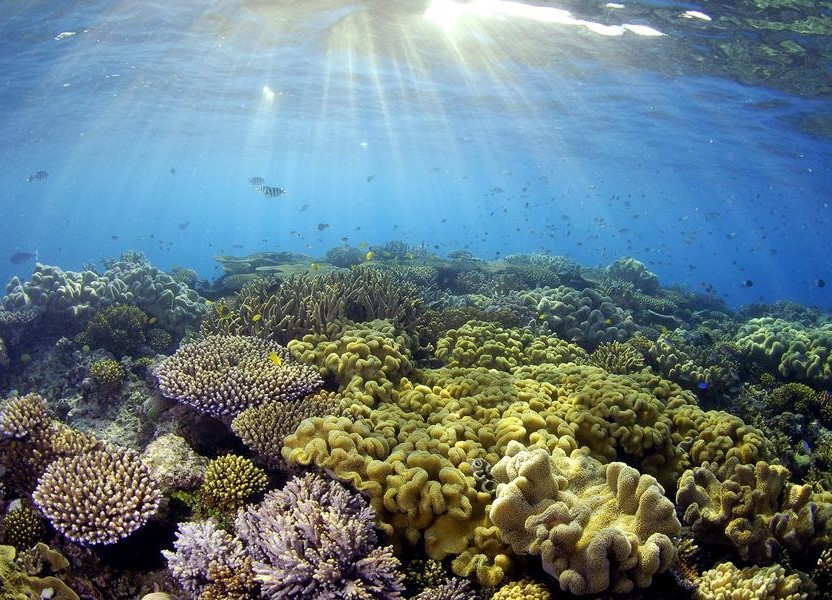Extended producer responsibility schemes have proven to be an effective measure on the pathway towards more circular economic practices in order to address plastic pollution. WWF’s report “Assessment of EPR for plastic packaging waste in Viet Nam” contributes an analysis of the local context and provides recommendations and roadmaps for developing and applying these schemes in accordance with the reality of the packaging and solid waste management sectors in Viet Nam.
Plastic pollution has reached gigantic dimensions worldwide and has caused serious consequences to marine life and wellbeing of society. Approximately 4.8 to 12.7 million tonnes of plastics are entering the oceans yearly, of which the vast majority leaks into the Indian Ocean and Pacific where many coastal lands and countries are located.
Due to a dynamic economy, rising living standards and changing consumption patterns, Viet Nam’s plastic consumption is growing by double-digit numbers annually (16% to 18% per year from 2010 to 2015). Plastic’s share in Viet Nam’s municipal waste is estimated at around 13%, with a growing tendency. Despite tangible improvements, significant volumes of plastic remain uncollected and are burned openly or littered into the environment, damaging the terrestrial and marine environment.
The need to transition towards more sustainable packaging and a better plastic waste management has also widely been recognised across Viet Nam stakeholders. The Law on Environmental Protection has recently been approved which, among others, outlines a mandatory EPR for all packaging materials. Results of the report
The report “Assessment of Extended Producer Responsibility for plastic packaging waste in Viet Nam” provides findings meant to inform policy makers and relevant stakeholders engaging in Viet Nam’s transition towards a more sustainable waste management. The Executive Policy Brief provides a summary of recommendations concluded by the report.
Photo: © Troy Mayne

